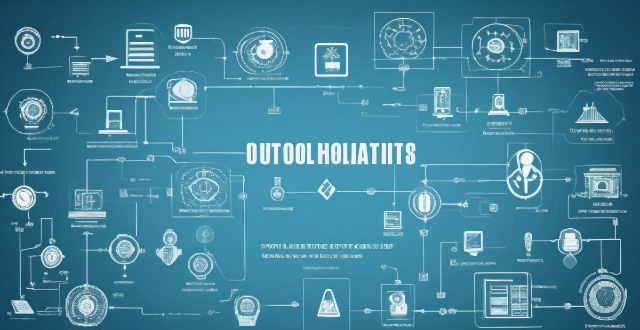Blockchain technology can transform the education sector by providing immutable records, decentralized networks, enhanced collaboration through smart contracts, and improved communication. These benefits include maintaining accurate academic records, ensuring research data integrity, automating administrative tasks, and fostering teacher-student interaction. As the technology advances, it is expected to have a significant impact on the future of education.

Potential Benefits of Using Blockchain Technology in the Education Sector
Introduction
Blockchain technology has emerged as a revolutionary tool that can transform various industries, including education. The decentralized and immutable nature of blockchain makes it an ideal solution for many challenges faced by the education sector. In this article, we will discuss the potential benefits of using blockchain technology in education.
Transparency and Trustworthiness
Immutable Records
One of the most significant advantages of blockchain technology is its ability to create immutable records. This means that once data is recorded on the blockchain, it cannot be altered or deleted. This feature can be particularly useful in the education sector, where maintaining accurate and trustworthy records is crucial.
- Academic Records: Blockchain can be used to store academic records such as transcripts, certificates, and degrees. This ensures that the information is secure, tamper-proof, and easily verifiable.
- Research Data: Researchers can use blockchain to store research data, ensuring its integrity and authenticity. This can help prevent fraudulent research practices and increase the trustworthiness of research findings.
Decentralized Network
Another benefit of blockchain technology is its decentralized nature. Unlike traditional databases, which are typically controlled by a single entity, blockchain networks are distributed across multiple nodes. This decentralization provides several advantages for the education sector:
- Data Security: Since data is stored across multiple nodes, it becomes much more difficult for hackers to gain access to sensitive information.
- Accessibility: Decentralized networks allow for greater accessibility to educational resources, as they can be accessed from anywhere with an internet connection.
Enhanced Collaboration and Communication
Smart Contracts
Smart contracts are self-executing contracts with the terms of the agreement between buyer and seller being directly written into lines of code. They can be used in the education sector to automate various processes and enhance collaboration between stakeholders.
- Administrative Tasks: Smart contracts can automate administrative tasks such as fee payments, scholarship distribution, and enrollment processes.
- Research Collaboration: Researchers can use smart contracts to establish agreements regarding data sharing, intellectual property rights, and other aspects of collaborative research projects.
Improved Communication
Blockchain technology can also improve communication within the education sector by providing a secure and transparent platform for exchanging information.
- Teacher-Student Interaction: Teachers can use blockchain-based platforms to communicate with students, share resources, and track their progress.
- Parental Involvement: Parents can be given access to their child's educational records, allowing them to stay informed about their child's progress and engage more actively in their education.
Conclusion
In conclusion, blockchain technology offers numerous potential benefits for the education sector, including increased transparency, enhanced collaboration and communication, and improved security. As the technology continues to evolve, it will likely play an increasingly important role in shaping the future of education.